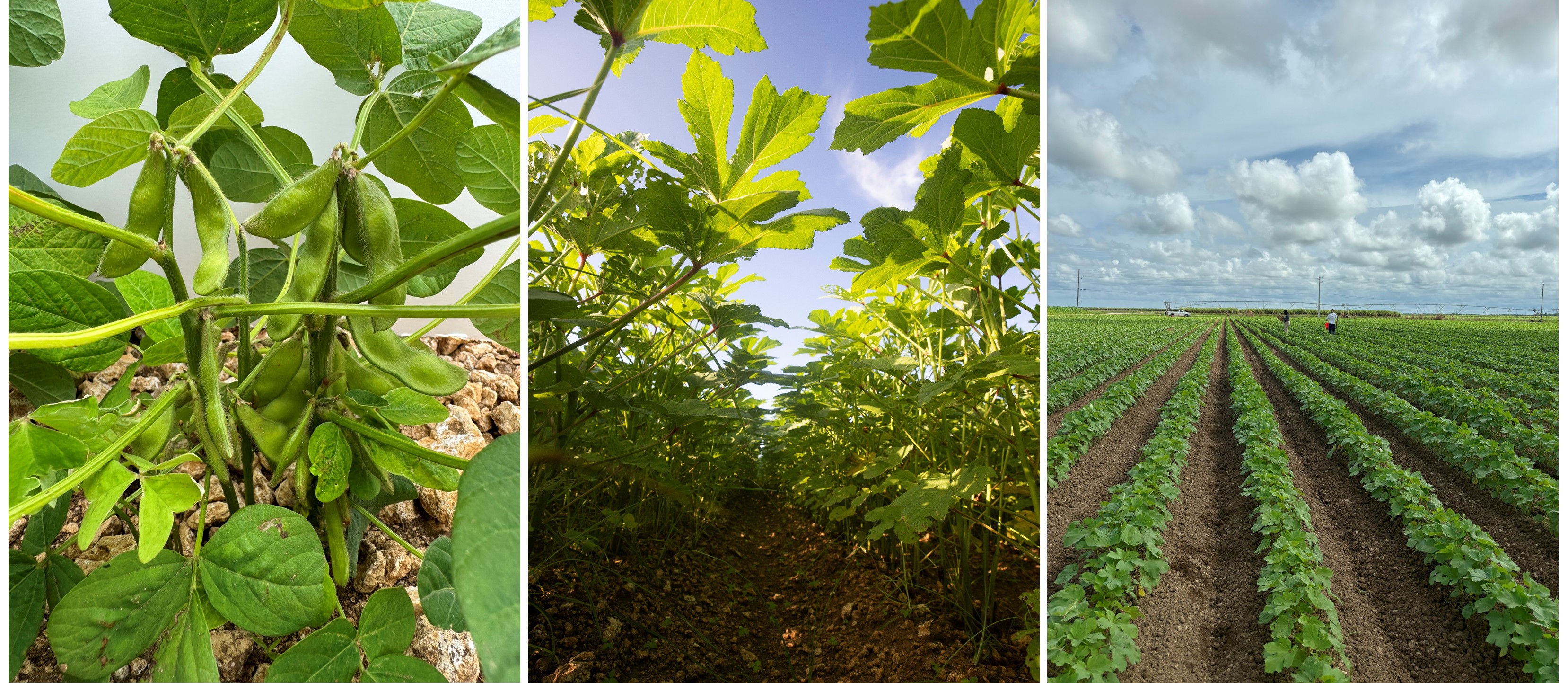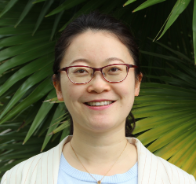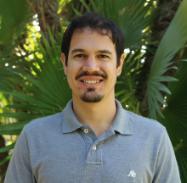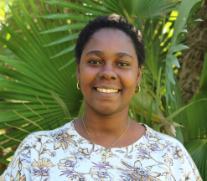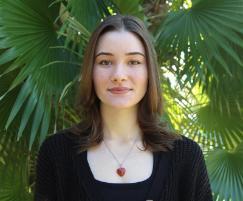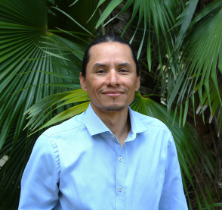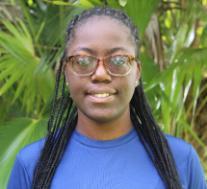Horticulture Vegetable Crops
Vegetable crops grown in tropical climates offer promising avenues for ethical and sustainable agriculture through innovative practices that increase productivity and protect the environment. Tropical regions, characterized by constant heat and abundant rainfall, are ideal for growing a variety of vegetables, but face challenges such as soil degradation, highly alkaline and rocky soil and the loss of biodiversity due to conventional farming methods. To address these problems, new approaches with new cultivation options and sustainable methods are being adopted. Agroecology integrates traditional knowledge with ecological science to promote biodiversity, reduced chemical dependency and increased ecosystem resilience. These methods, although they require initial investment and extensive training, offer substantial benefits, guaranteeing high yields, improving the quality of products and addressing ethical and environmental issues. In addition, they offer resilience against climate change, supporting food security and sustainable livelihoods for local communities. As these practices become more accessible, they pave the way for a future in which tropical horticulture can flourish sustainably and ethically, balancing human needs with ecological preservation.
Research
-
Evaluation of edamame varieties suitable for growing in South Florida
The project focuses on identifying edamame (immature soybean) varieties that thrive in the region's unique climate and soil conditions. Several varieties will be evaluated for their growth performance, yield and adaptability to South Florida's hot and humid environment. The project involves field trials, collecting data on plant health, pod quality and nutritional content. The aim is to determine which edamame varieties offer the best balance of productivity and quality for local farmers. By identifying the most suitable varieties, this research aims to boost the regional edamame sector by offering farmers reliable cultivation options and consumers fresh, locally grown edamame. This project is key to promoting sustainable agriculture and expanding the diversity of crops grown in South Florida. A presentation of previous results was given at the 2024 and 2025 Annual Conferences of the American Society for Horticultural Science (ASHS) and at the 2024 and 2025 Annual Meetings of the Florida State Horticultural Society (FSHS).
-
Postharvest storage and quality of edamame varieties in South Florida
The project focuses on evaluating the storage potential and quality retention of different varieties of edamame (immature soybeans) grown in the South Florida climate. The study investigates the ability of varieties to maintain the freshness and quality of edamame after harvest. This research is crucial for local farmers and distributors, with the aim of extending the shelf life of edamame and reducing post-harvest losses. By identifying the best performing varieties and storage practices, the project aims to increase the profitability and sustainability of edamame production in the region, offering consumers better quality, locally sourced edamame all year round.

-
Screening okra for the presence of destructive seed-borne pathogens and identification of rapid detection systems
This project, in collaboration with USDA ARS and the Genebank in Griffin, GA, aims to screen over 300 okra germplasm accessions from various countries for seed-borne pathogens. These include fungi (e.g., Rhizoctonia solani and Fusarium oxysporum) and bacteria (e.g., Xanthomonas campestris), which can cause diseases like damping-off, anthracnose, and bacterial wilt, leading to significant yield losses. We will establish rapid detection systems using PCR and qPCR for quick identification of seed-borne pathogen in okra seeds. The project is crucial because infected seeds can spread diseases to other crops and regions, posting a serious threat to agricultural production. Additionally, some pathogens are quarantine organisms, further impacting agricultural sustainability. By providing disease-free planting material, the project will support okra production, research, and breeding efforts.
South Florida is one of the major growing regions for okra production in the U.S. Usually used in Southern dishes, okra is a staple in ethnic cuisines from Puerto Rico, Mexico, Spain, and Africa. It is a nutrient-rich superfood, offering numerous health benefits, including high levels of vitamin C, vitamin K, fiber, protein, and antioxidants, which help lower cholesterol and blood sugar. -
Fostering Climate-Friendly Sustainable Farming through Integration of Biochar and Cover Crops in Texas and Florida
This project promotes climate-friendly farming practices by integrating cover crops and biochar to improve soil health and enhance cash crop production. A demonstration trial is being conducted on a grower’s field, where Sunn hemp and Sorghum Sudangrass are planted, mowed at peak biomass, and incorporated into the soil along with biochar. Soil health indicators are measured periodically to track improvements, and the initiative works to increase awareness and understanding of soil health. By encouraging the adoption of sustainable practices, the project helps protect natural resources, boost farm productivity, and strengthen local economies.
Watch our video with famous YouTuber John: We Tested 6 Cover Crops in the Subtropics - Growing Your Greens
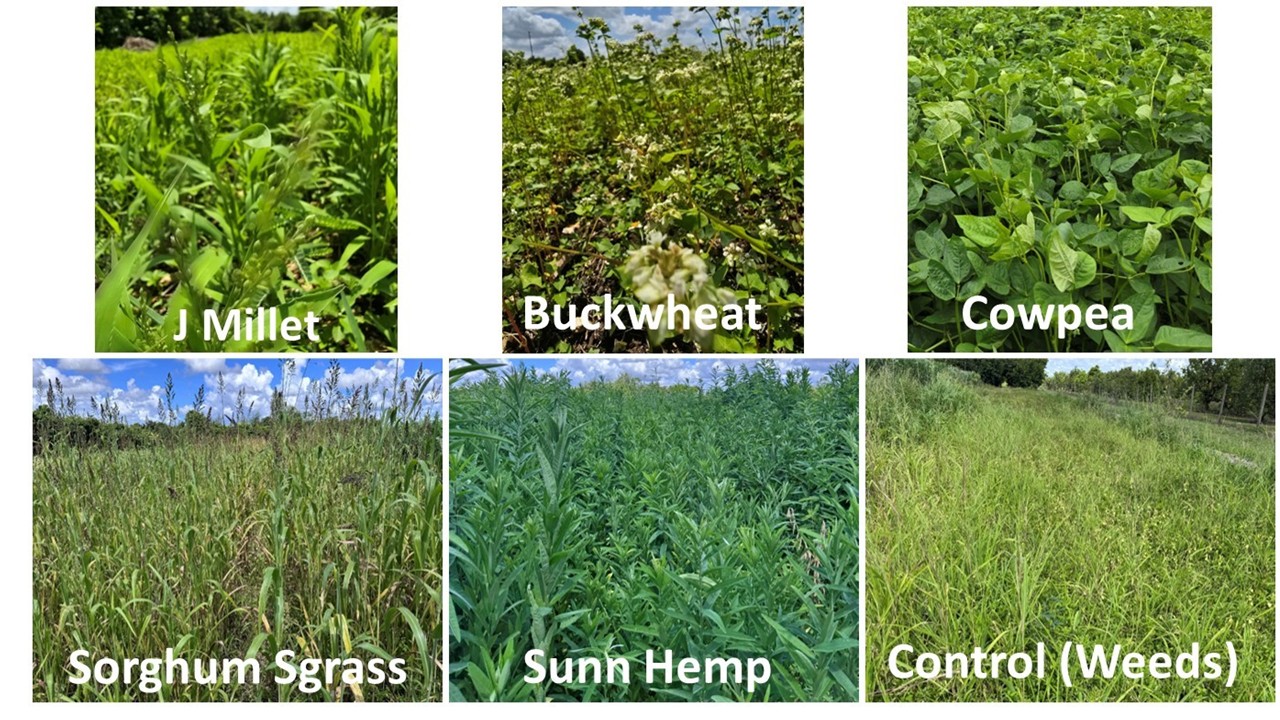
-
Sustainable Cultivation of Health-Promoting Vegetables in South Florida
Agro Eco Park, in partnership with Dr. Zachary Brym, demonstrates how sustainable agriculture can thrive in South Florida by introducing farmers and the local community to agroecology—an approach to food production that respects the environment and supports people. In 2025, the project features 60 varieties representing 26 different ethnic vegetables and cover crop species, all grown using organic methods. The goal is to evaluate crop performance within this system and share the results with farmers and the public, promoting sustainable practices and encouraging the consumption of fresh, organically grown vegetables.
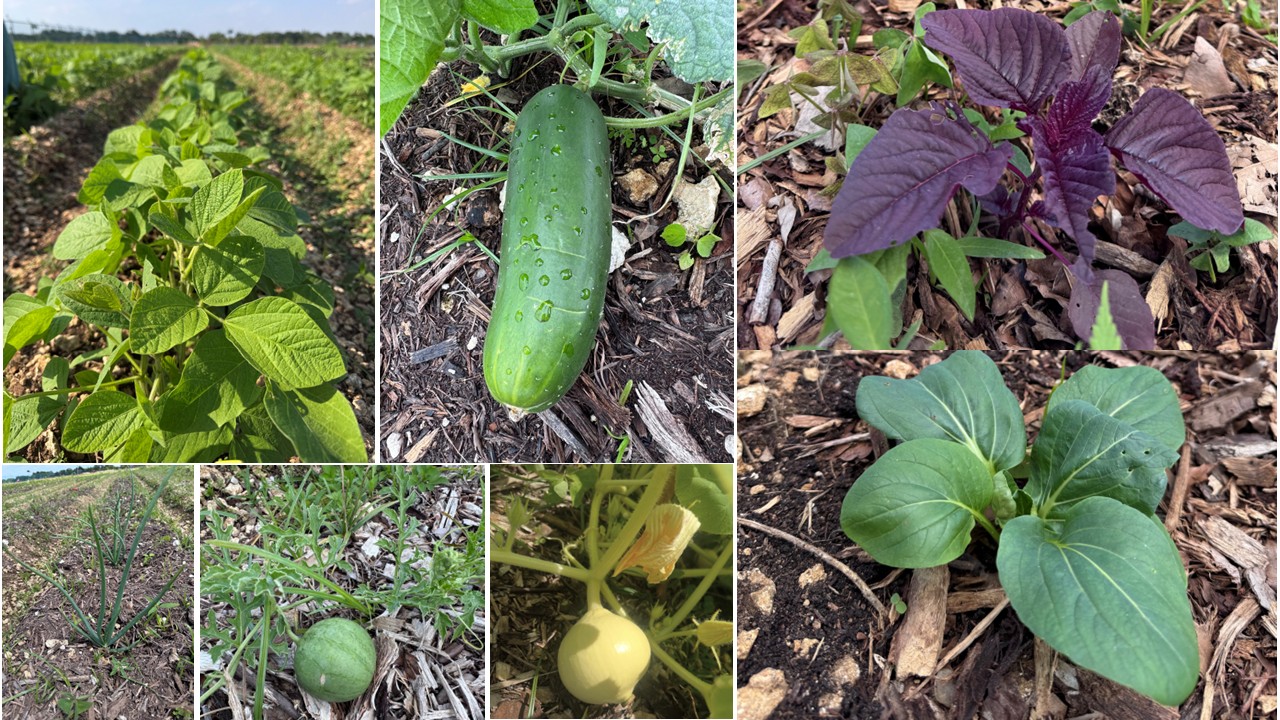
Extension
-
Extension
Our Horticulture Vegetable Crops lab's outreach projects are dedicated to addressing the primary challenges faced by South Florida growers, including nematode infestations and soil quality degradation. We collaborate closely with local farmers to identify and develop effective solutions, enhancing the resilience and productivity of their crops. Additionally, we emphasize the importance of diversifying crop selections to include new and promising options like edamame, which can offer economic and agronomic benefits. Through workshops, field demonstrations, and educational materials, we spread awareness and provide practical guidance on implementing these sustainable practices. Our goal is to support South Florida's agricultural community in adopting innovative techniques that promote long-term soil health and crop diversity, ensuring a prosperous and sustainable future for local growers.
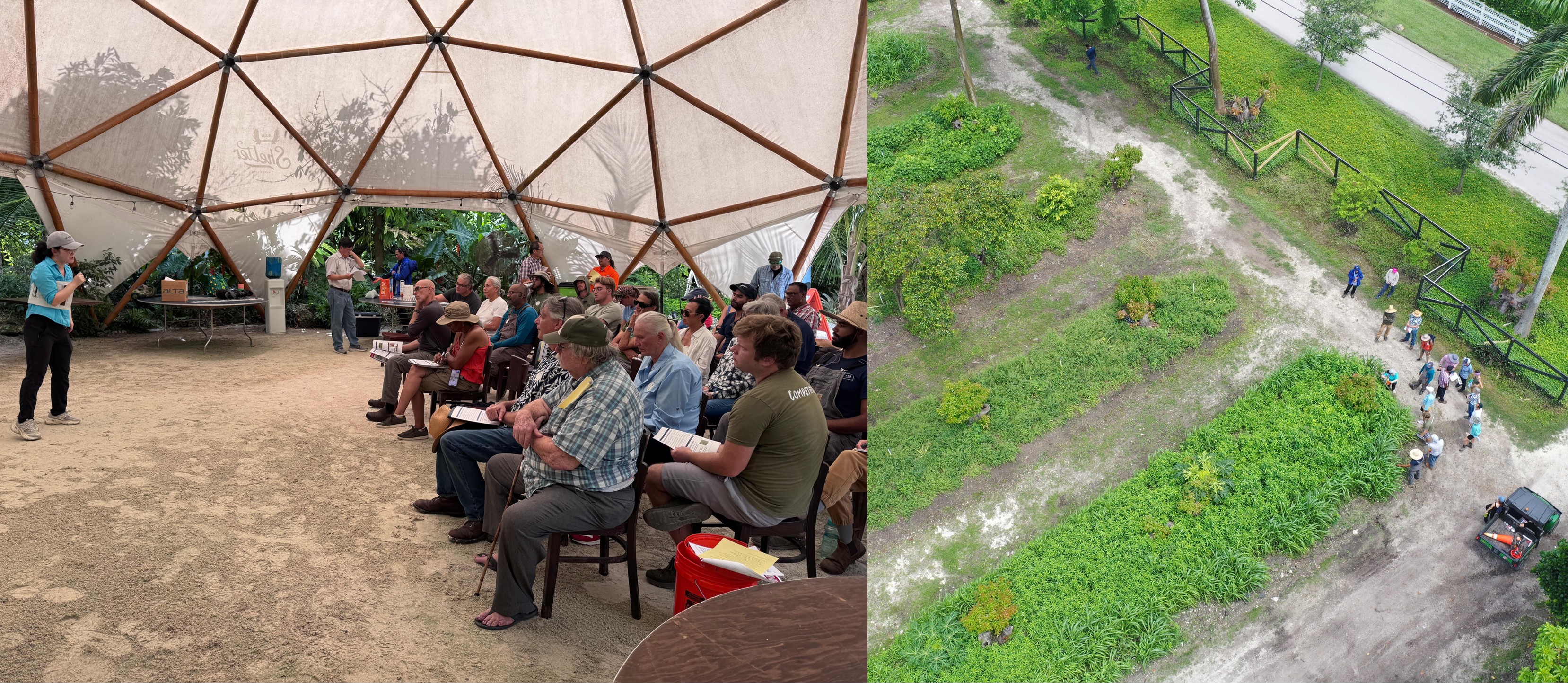
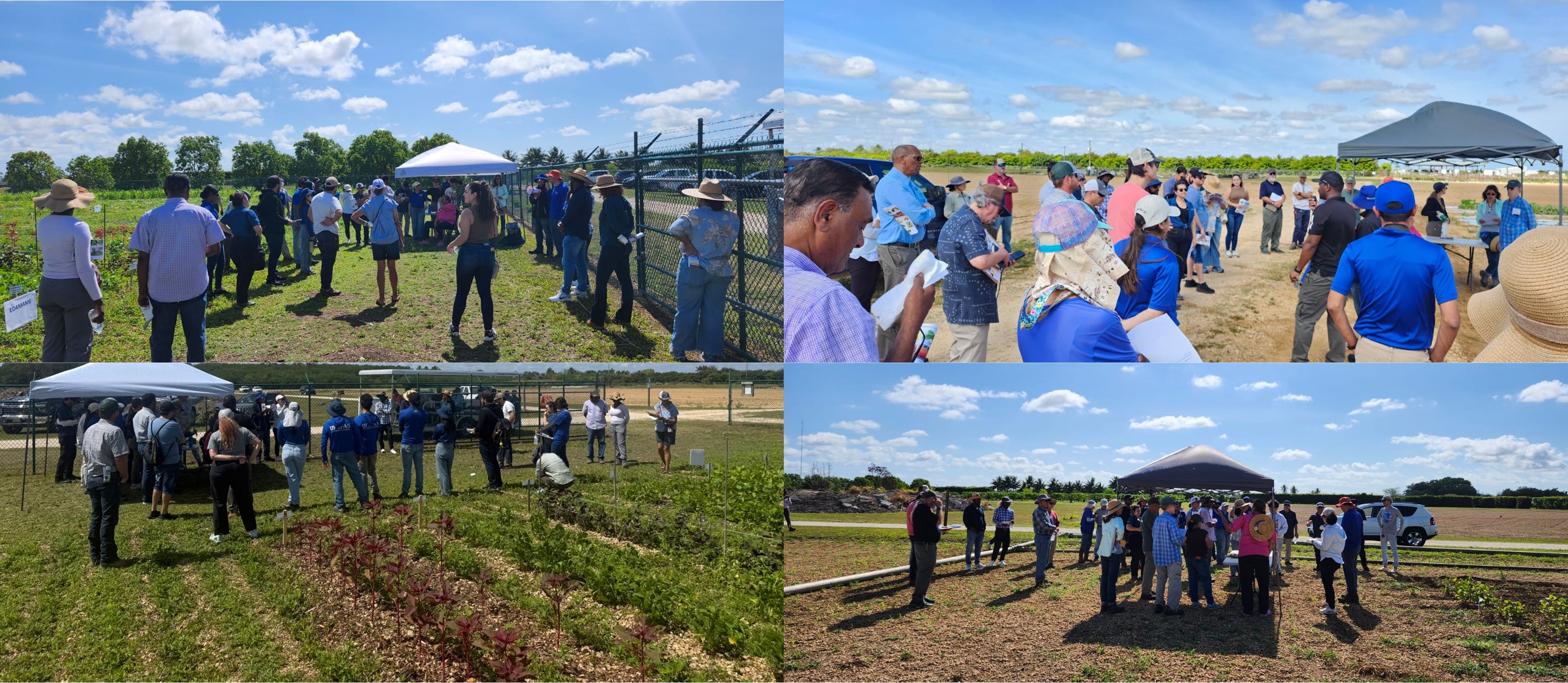
-
Get Involved
There are no positions currently being advertised. Please check this space regularly for information on how you can become involved with our lab.
Contact
Dr. Xiaoying Li
(786) 217-9260

